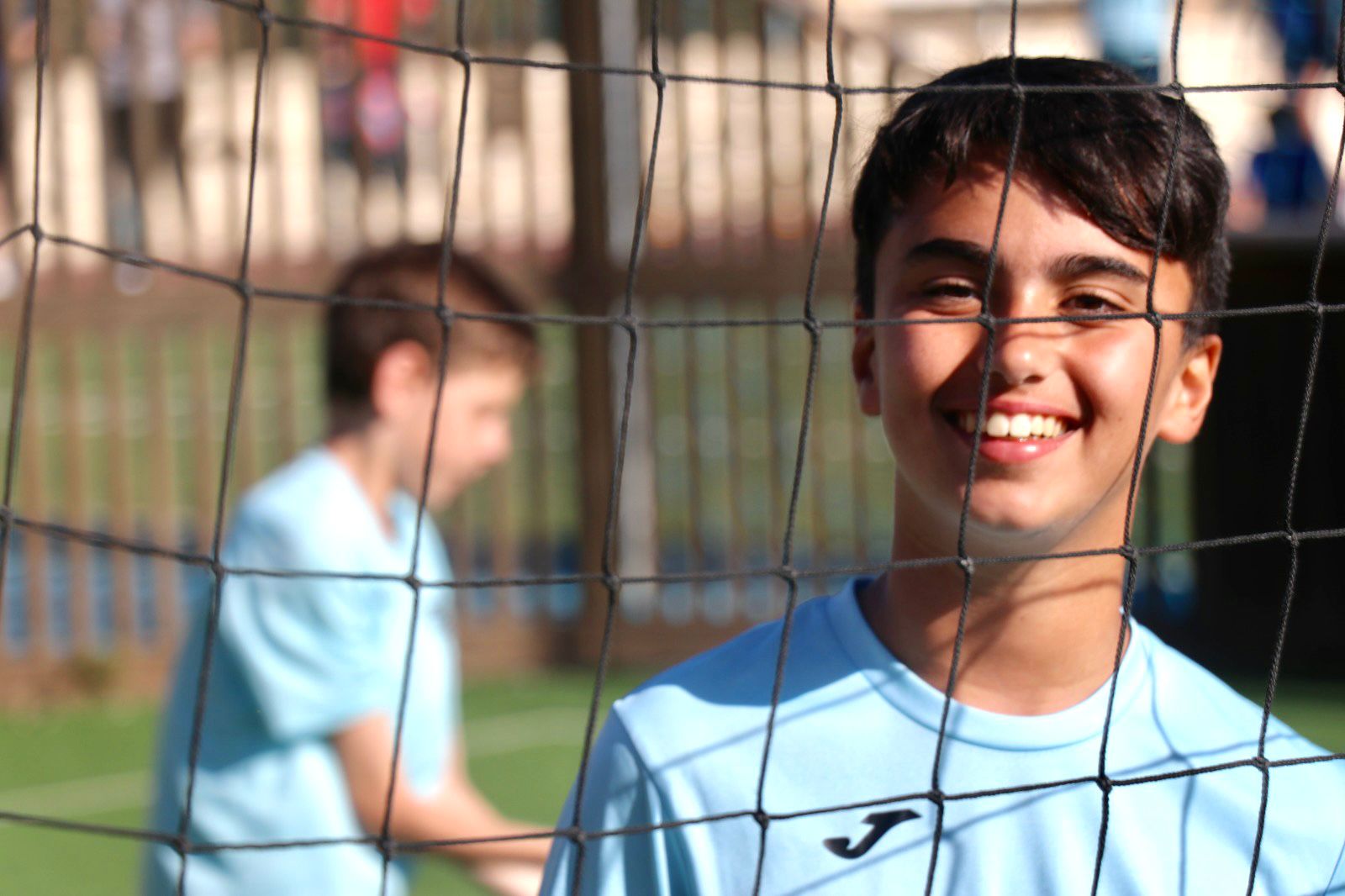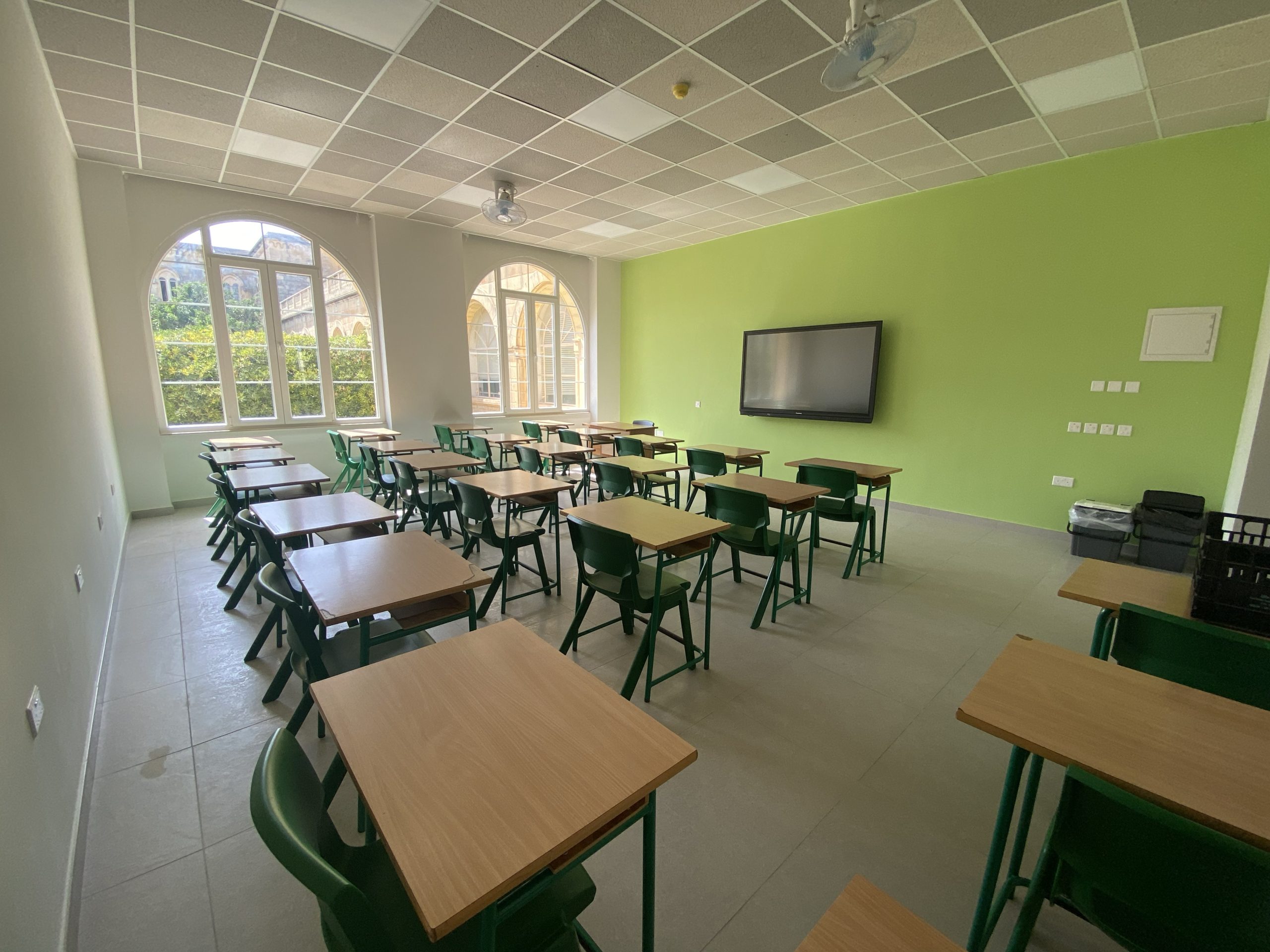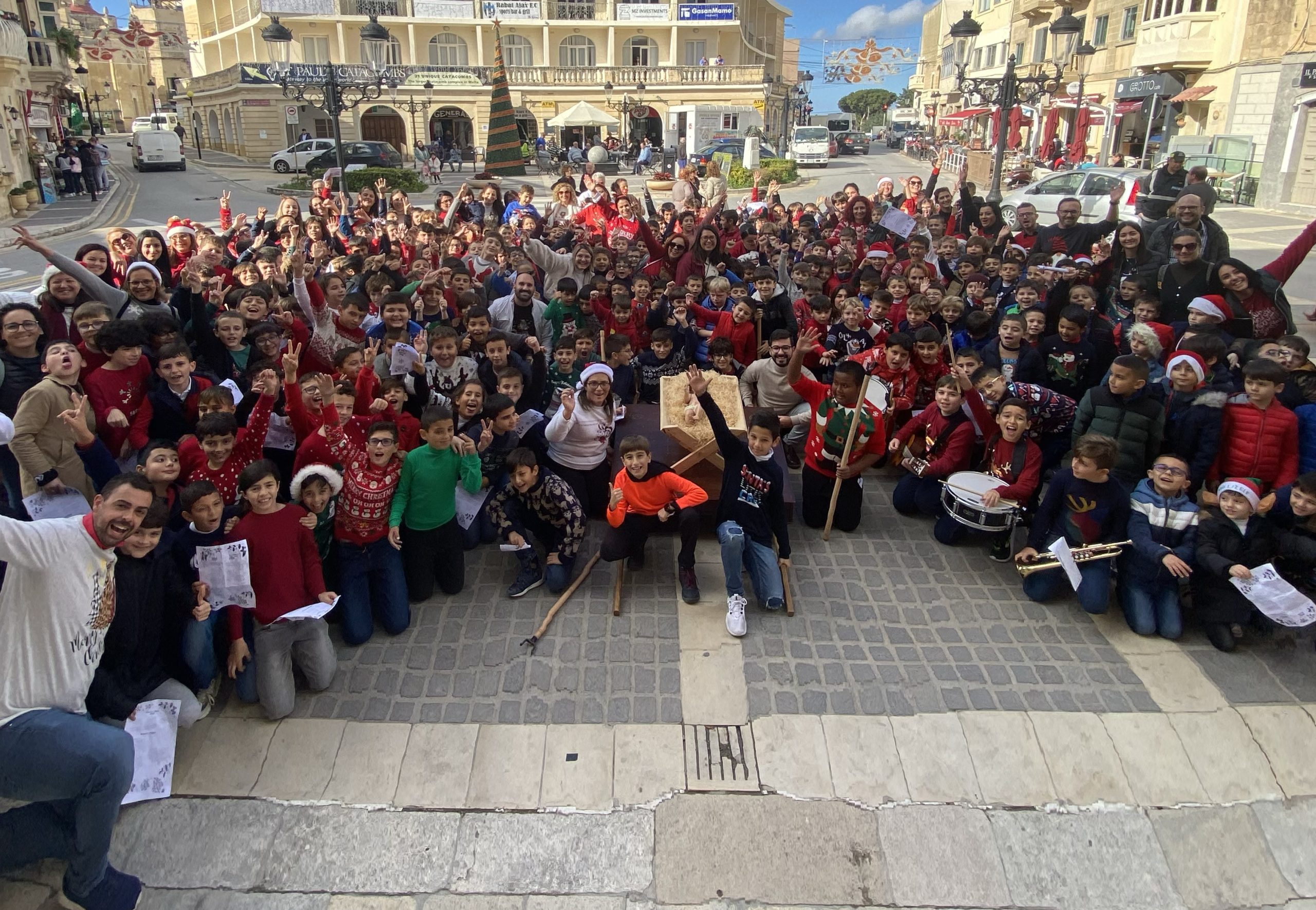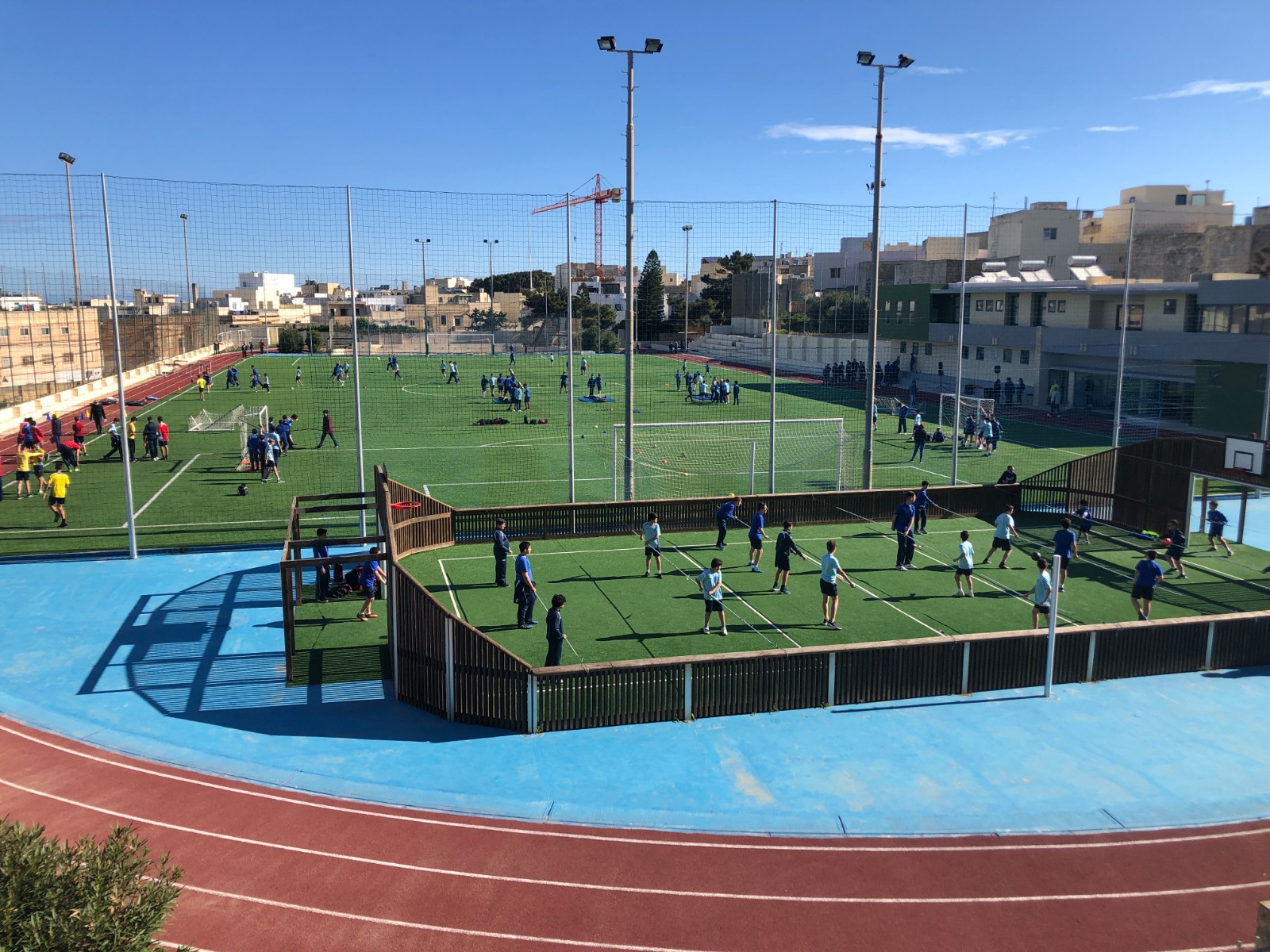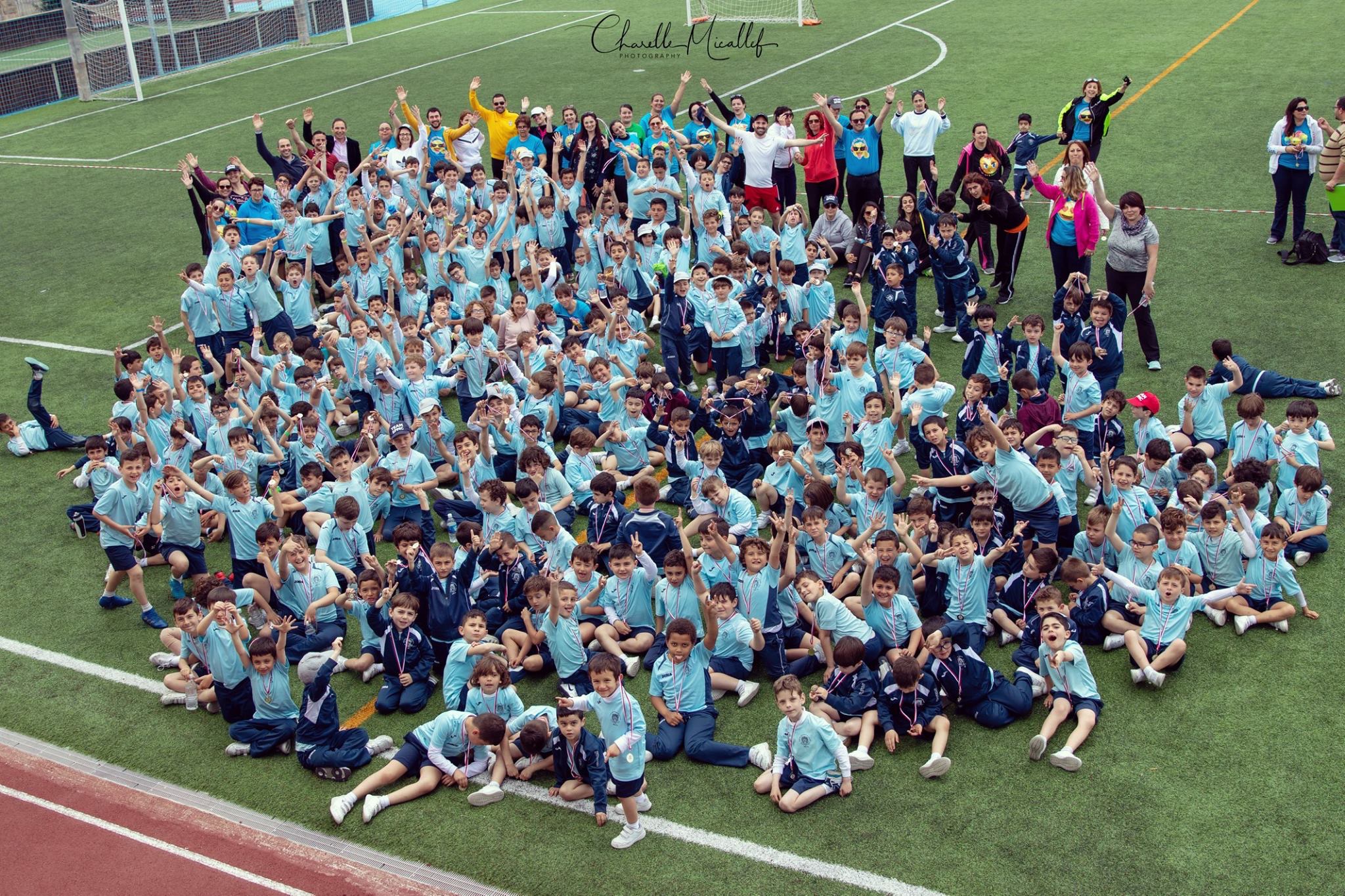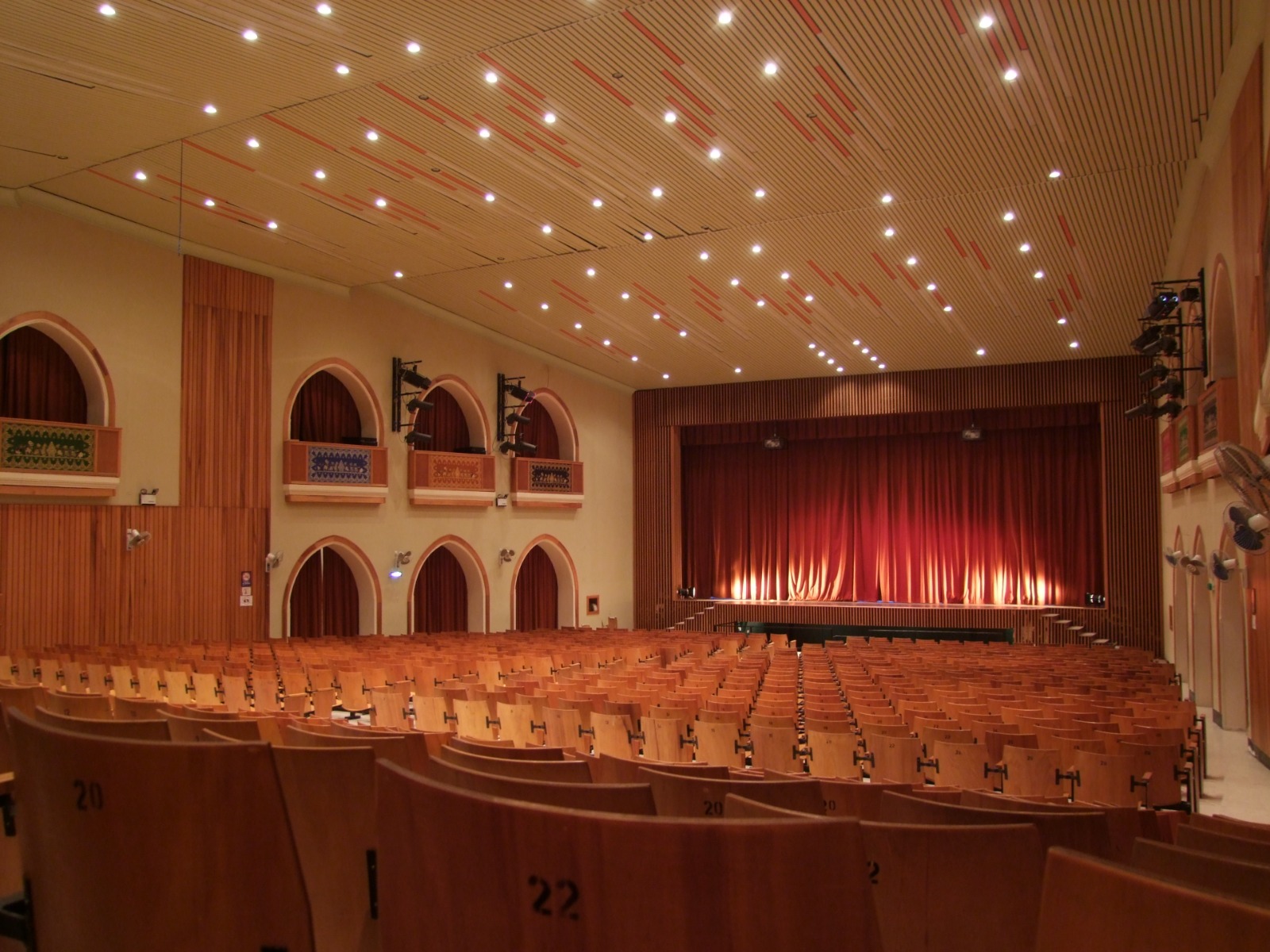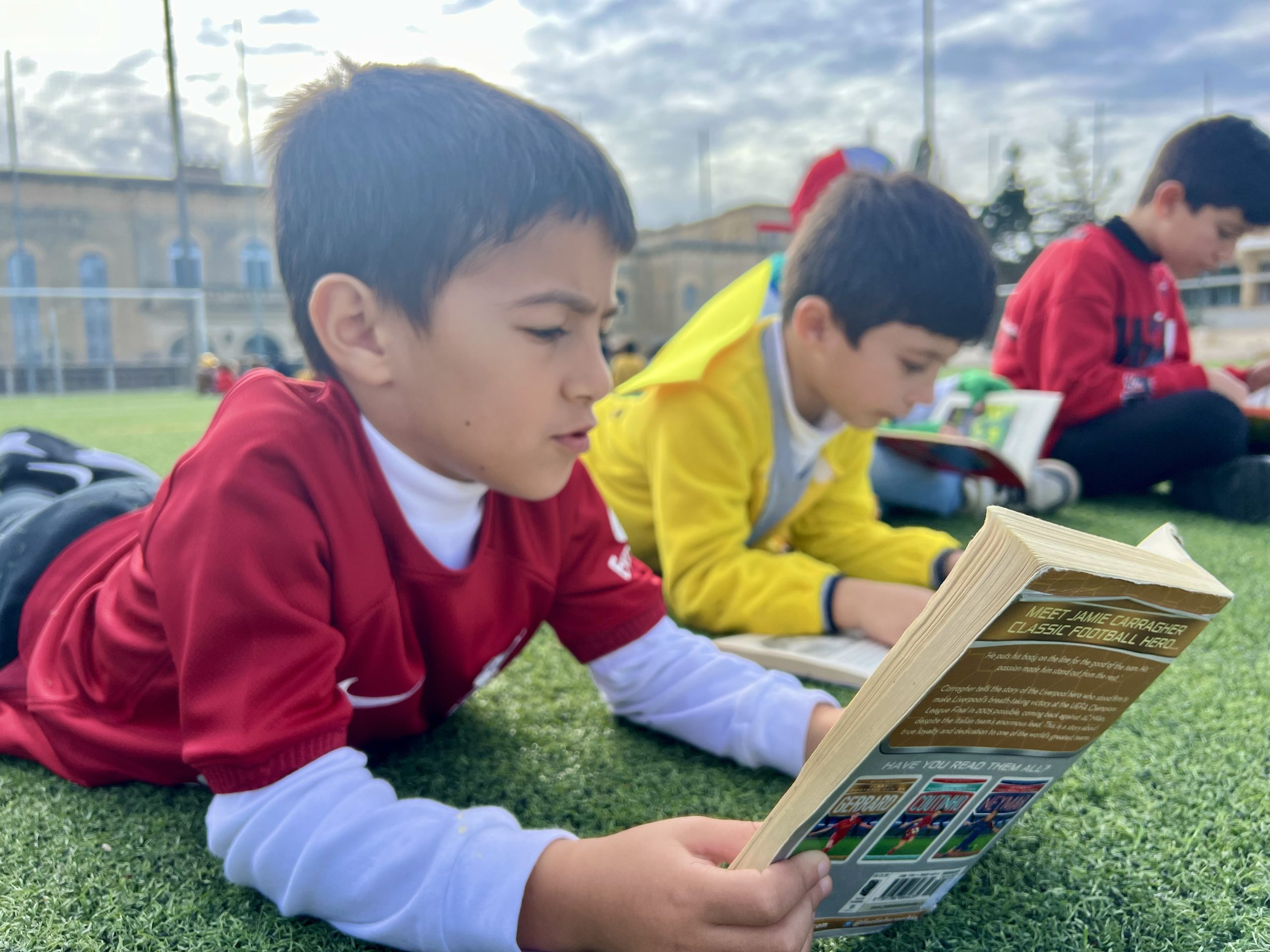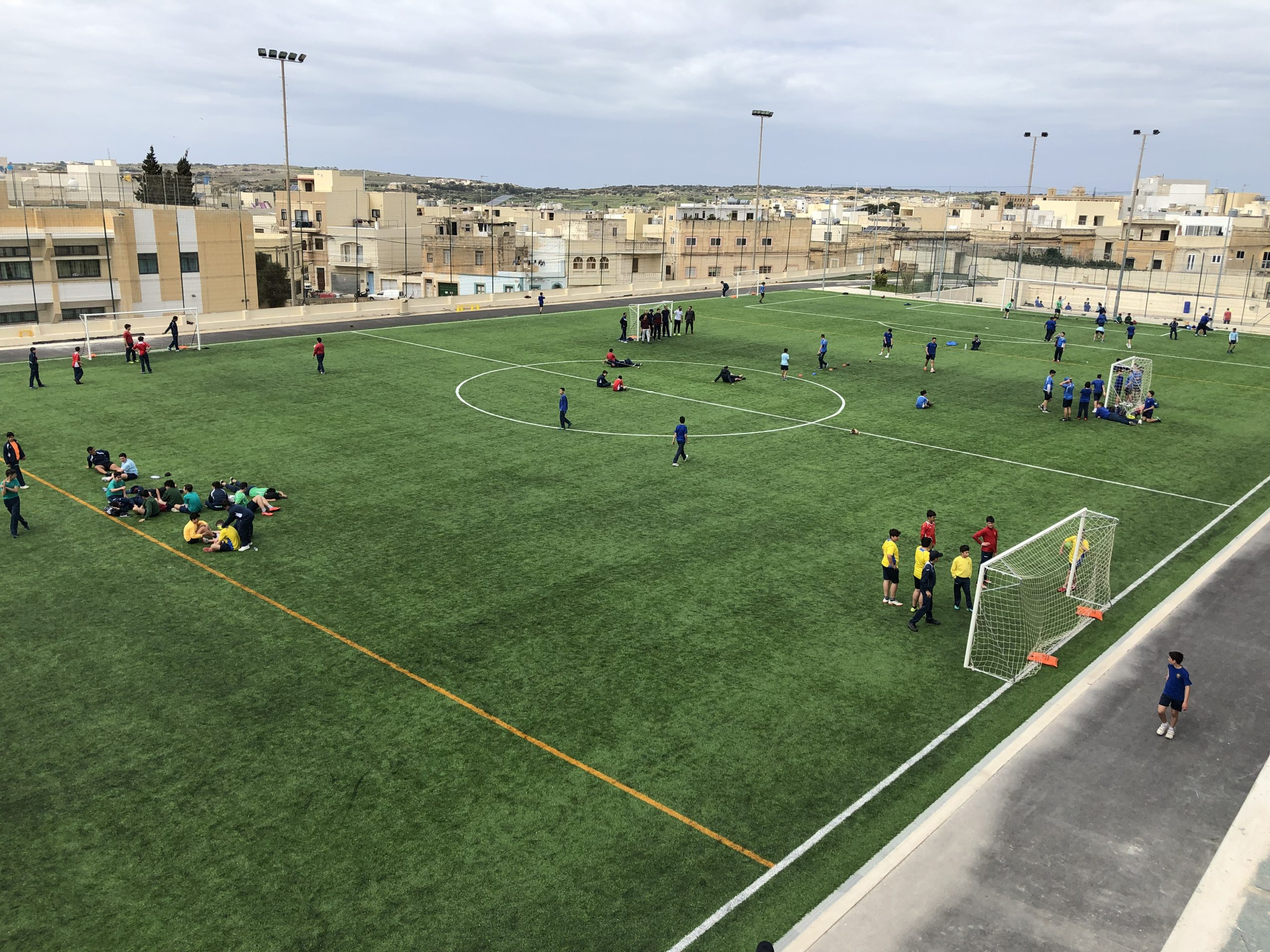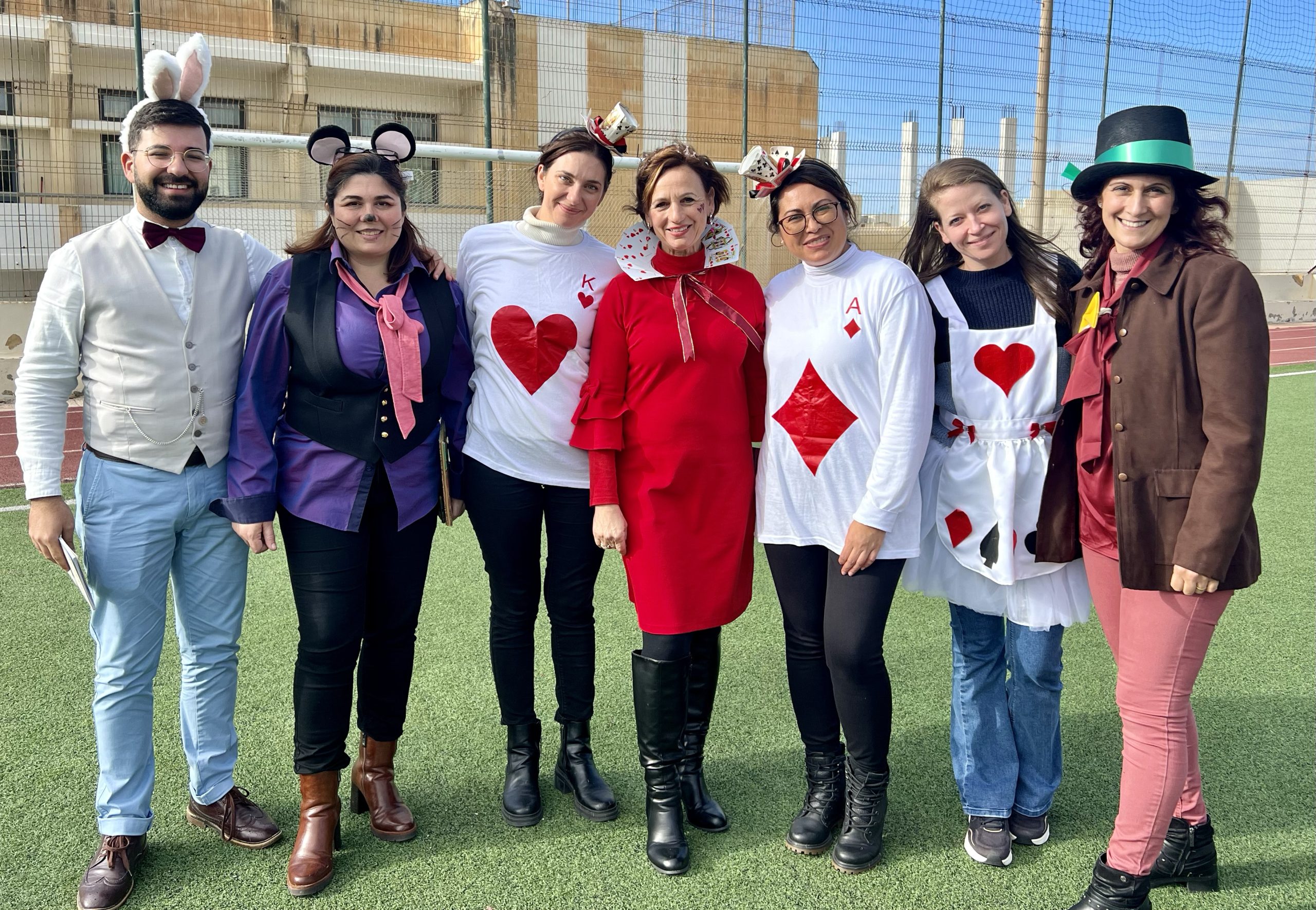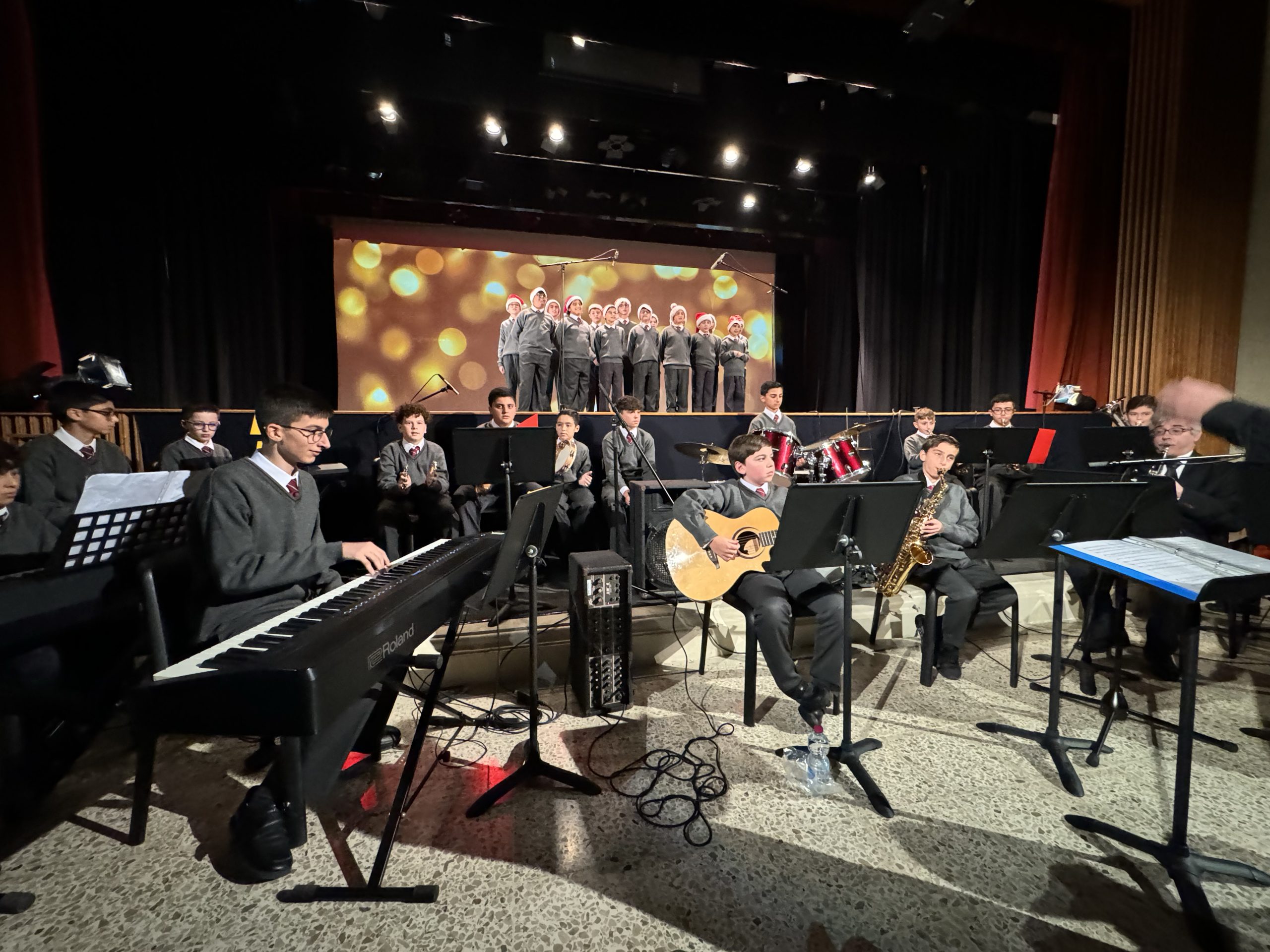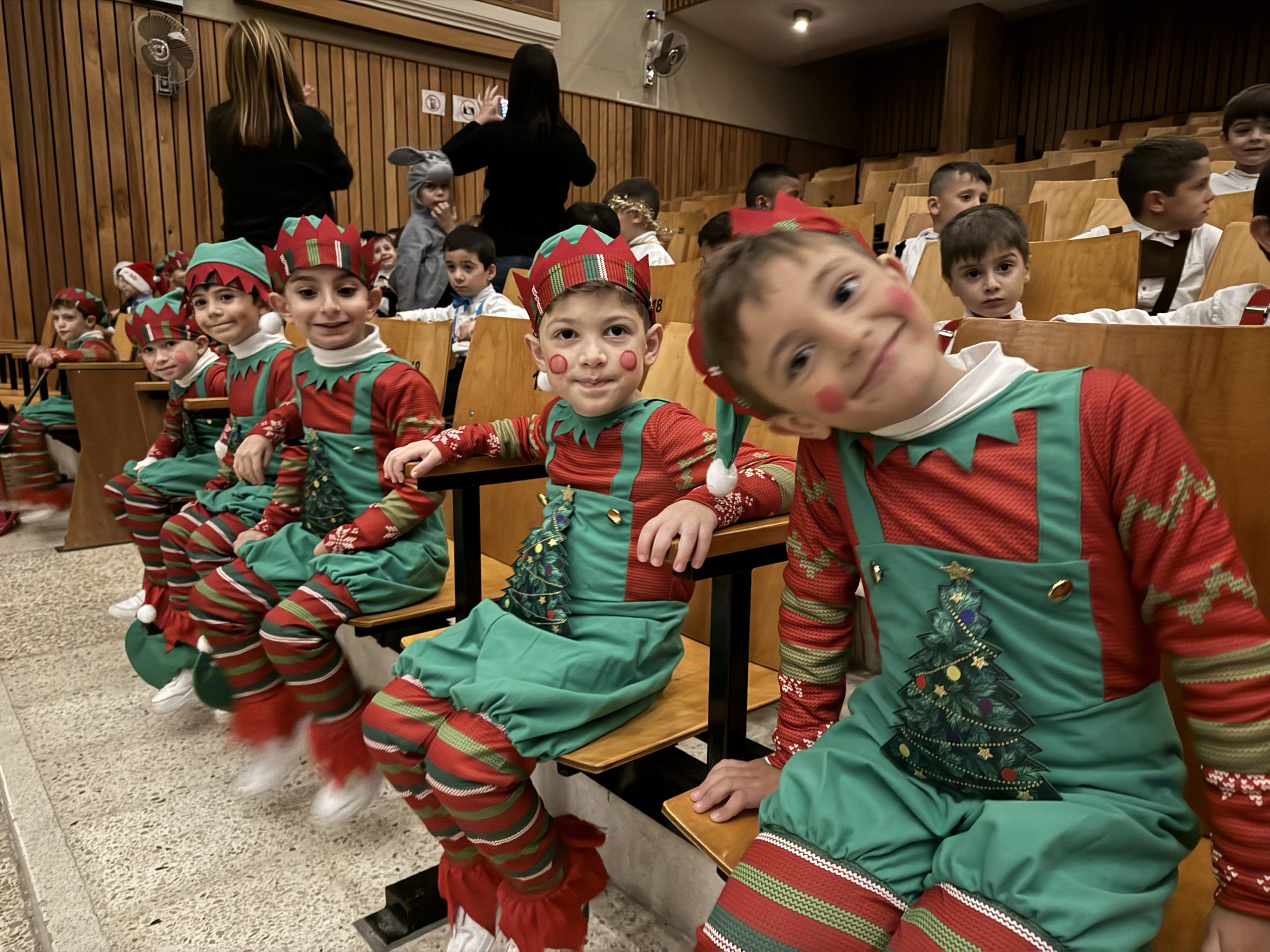
Welcome
At St Paul’s Missionary College (SPMC), or as commonly known as St Agatha’s College is a Catholic College run by the Missionary Society of St Paul (MSSP), feeling home away from home is one of our distinctive features through which we provide our holistic education.
To this end, we will work together that “Christ may be formed” in us (Gal. 4, 14); fortify our sense of community by giving continuous individual attention to each person in the school; seek to develop in each student a sense of responsibility whilst leading him to extend to the full his various abilities in order to help the student discover and draw out his full potential.
Frequently Asked Questions
At what time does school start/finish?
Junior School: School starts with assembly at 8:15am. Classes start at 8:30am and finish at 2:30pm.
Senior School: School starts at 7:30am with Assembly. Classes start at 8:15am and finish at 3:00pm.
What type of communication takes place between the College and home?
Communications between all the College community operates through MySchool and Google Classroom (Workspace for Education Fundamentals). Parents/ guardians are contacted regularly by the College via emails. Through MySchool, parents/guardians have online access to their son’s student data, from attendance to grade reports, and may communicate with the school educators and administration from a fully integrated, unified platform.
Google Classroom allows our students to see their classwork / homework, complete assignments, view their correction and can also post messages to their teachers. Through this platform, educators at the College may deliver virtual classes to their students at home when necessary. The system is paperless and creates opportunities for our students to learn and practice responsible digital skills.
Are the children offered any other activities during the school day?
The College aims at helping each student to develop holistically therefore the school’s timetable allocates a double lesson session per week in both schools which is dedicated to Extracurricular sessions. During these sessions which are organised by the school’s teachers and LSEs, the students have the opportunity to participate in a variety of activities which include gardening, crafts, sports, cooking, cake decoration, music, performing arts, robotics, financial literacy, digital design, entrepreneurship, and social-emotional learning. As a College, we also involve different sports clubs from around Malta, to offer coaching sessions to the boys. These sessions are organised during school hours.
Does the College organize educational outings for different year groups?
In the Junior School each year group has a minimum of two educational outings per term which are directly linked to their curriculum. In the Senior School organized educational outings are linked to the curriculum of specific subjects.
Are there any other special events which are celebrated within the College Community?
The College scholastic social calendar is always a busy one with two Parents’ Days, Christmas Concerts, Achievement Days, Carnival Parties, Library Week, the Coronation of Our Lady, Fun Games, Mission Week, Rector’s Day, Pet Awareness Week, Our Lady of Sorrows, Senior School Prize Day, End of Year Activity, Confirmation celebration, Annual Family Barbecue, Christmas Eve Mass, Sports Days, Holy Communion celebration, Junior 6 Graduation and the Senior 5 Graduation.
What subjects are offered in the Junior School?
The Junior School focuses on various disciplines. The core subjects are Mathematics, English, Maltese and Science. The students are also offered the subjects of Religion and Social Studies as part of their academic curriculum. The Junior School also has Art, PSCD, Music, Physical Education, Drama, IT and Library as part of its weekly timetable.
At the College, a lot of time is dedicated to sports and physical activity. In the Junior School students have two breaks every day of 30 minutes and 40 minutes whilst in the Senior School students have two breaks daily of 25 minutes and 60 minutes. Students also have two Physical Education lessons per week.
What kind of support would my son be given if he lags behind in a subject?
The Junior School offers complementary lessons to all those pupils who are struggling with literacy, numeracy or even grasping a particular topic. The Senior Leadership Team, in collaboration with our Educational Psychologist, conducts various assessments across year groups to identify and bridge learning gaps, ensuring a smooth progression from one level to the next.
We also believe that the summer is the best time for children to catch up on any areas they are struggling with. For the past years, we have offered a specialised service which is available only for the students attending our school. This service has been of great success and has helped a lot of our students to progress drastically.
Does the school follow a particular approach to the Numeracy and Literacy?
The Junior School adopts a Maths Mastery approach to the teaching of Mathematics. This approach is child-centred and is founded on the belief that everyone can master and understand Mathematics. Mathematics lessons are hands-on and teachers make use of a lot of tangible and colourful resources to make learning more meaningful for the students. Students are given ample time to discover and understand mathematical concepts to ensure deep learning.
Our Junior School opts for a Phonics programme to be followed by all in our Early Years. This program offers the possibility of teaching Phonics and Literacy in small groups whilst moving at the students’ pace. Following this, the program continues in the Junior Years with a literacy and language programme where the language is taught in context combining listening, speaking, oral and writing skills.
Are the children offered the opportunity to participate in Drama?
At our school, the Creative Arts play a vital role in fostering creativity, confidence, and collaboration among students. Through drama, music, and art, students have the opportunity to express themselves, develop essential communication skills, and build self-assurance. Our comprehensive Creative Arts programme includes engaging lessons, exciting productions, and hands-on workshops that bring stories to life. Students also have the privilege of showcasing their talents in our 900-seat auditorium, where they put their learning into practice during events such as the Junior School Christmas performance and the Senior School Awards Evening. Whether on stage or behind the scenes, every student is encouraged to explore their talents, think imaginatively, and work as a team. By embracing the performing arts, we nurture well-rounded individuals who are prepared to shine in all areas of life.
Students are given the opportunity to express their creativity through art, where a one-size-fits-all approach is never applied. They explore a variety of themes while experimenting with different artistic media and techniques, including both 2D and 3D forms. This hands-on approach not only enhances their artistic skills but also boosts their self-esteem, encouraging them to take pride in their creations. Additionally, by engaging with diverse artistic styles and cultural influences, students develop a greater awareness and appreciation of different cultures through their work.
Music is integrated in the student’s curriculum as well. The programme involves learning different instruments from Junior 4 upwards and it encompasses a variety of rhythm and melody. The three main instruments are keyboard, ukulele and the guitar.
How are families involved in the College community?
Parents are important contributors to College life and they are involved in a great number of activities. Parents can participate in the Parents Teachers Association (PTA) which not only takes care of organizing educational, family formation and fundraising activities but also serves as a voice for parents to discuss various issues with the school’s Senior Leadership Team (SLT).
At the College, parents are also brought on board their son’s educational journey as they are invited to participate in a number of informative seminars and workshops which are organized specifically for different year groups with the aim of promoting teacher-parent collaboration for the benefit of the student’s learning.
If it weren’t for parents the College wouldn’t manage to keep up with its annual tradition of preparing ‘Qagħaq tal-Għasel’ and ‘Figolli’ in the College kitchen. Parent help is also greatly appreciated in preparing for events during the year such as the Christmas Concert in the Junior School.
The College truly believes in fostering the element of community and seeks to do this even in a pastoral way by creating an SPMC Community where parents and staff meet together every fortnight to celebrate Sunday Mass together.
What opportunities does the College offer to help students foster their leadership and communication skills?
At the College students are encouraged to actively participate in the School Students’ Council and Eko-Skola Committees, in both Junior and Senior Schools, to foster not only their leadership and communication skills but also to express their opinions and share their ideas whilst learning how to work in a team with a common goal for the good of the College and the community’s environment.
Are there any special events celebrated at the College?
The College scholastic social calendar is always a busy one with two Parents’ Days, Christmas Concerts, Achievement Days, Carnival Parties, Book Week, Fun Games, Pet Awareness Week, Senior School Prize Day, End of Year Activity, Annual Family Barbecue, Celebration, Christmas Eve Mass, Sports Days, Our Lady of Sorrows, the Coronation of Our Lady, Junior 6 Graduation and the Senior 5 Graduation.
What is the approach of learning in our Early Years?
At St Paul’s Missionary College, we believe that play is where children learn that they’re in control of their own lives. Really and truly it might be the only place they are in control of their own life. Play is where they learn to solve their problems, experience joy and learn that the world isn’t a scary place after all. Play is where they get along with peers and see from the other’s point of view, practice empathy and collaboration.
When we take all this away, we don’t give them a chance to learn what is truly important. For this reason, at SPMC we are thrilled to introduce our Experiential Learning Programme, designed to engage students in hands-on, real-world experiences that complement their academic studies. This process of early learning invites our students to understand themselves as learners and empowers them to take charge of their own learning and development.
It focuses on active participation, where students learn by doing, exploring, and reflecting on their experiences. From outdoor learning and collaborative projects to interactive activities and community engagement, the programme aims to foster creativity, critical thinking, and problem-solving skills. These opportunities will not only enhance understanding of core subjects but also build confidence, teamwork, and a deeper connection with the world around them.
Our dynamic learning experiences engage the whole child – head, heart and hands.
We are committed to embark on this journey which shapes how our children understand and interact with the world around them.
How many children are there in each class?
At the College, there are two classes per year group. There are a maximum of 24 students per class. In the Junior School one class are called Lions and the others are called Tigers to be able to distinguish between the two. Students in the Junior school and Senior School from Junior 1 – Senior 2 are not streamed according to their ability.
How often do children get the opportunity to be physically active?
“Sports build good habits, confidence, and discipline. They make players into community leaders and teach them how to strive for a goal.”
At the College, a lot of time is dedicated to sports and physical activity. In the Junior School students have two breaks every day of 30 minutes and 40 minutes whilst in the Senior School students have two breaks daily of 25 minutes and 60 minutes. Students also have two Physical Education lessons per week and they also participate in extracurricular activities incorporating different types of sports in their school day.
As regards sports facilities, the College is proud of an indoor gymnasium in the Junior School which can also be used for indoor games and also a turfed roof which is safe for children to play in. Apart from that both schools make use of the new synthetic turf pitch and the track daily. All the younger students are offered sports fundamentals where they are taught basic skills through fun games and activities. Older students are given the opportunity to explore basic skills through gymnastics. All students are encouraged to participate in team games to learn the importance of collaboration and team effort. Other sports which are played at the College are football, basketball, volleyball, badminton, hockey and handball.
Does the College provide/organize transport?
The College organises separate transport for the Junior and Senior School and this is funded by the State. Transport is available to almost every locality in Malta. All the Junior and Senior School vans pick up/drop off the students safely from within the school grounds.
Does the College have a healthy eating policy?
In both schools we enforce a healthy eating policy which was proposed and discussed with the Eko-Skola committees. In the Junior School students can only drink water and smoothies. Chocolates and other sugary foods are not allowed. In the Senior School canteen only food which is preparing in our kitchen is sold.
Which subjects are offered in the Senior School?
In Senior 1 and Senior 2 students are not streamed according to their ability. If students are found to be lagging behind in a particular subject the school offers the opportunity of having lessons for that subject in a smaller group called a Core Class to catch up with the curriculum.
In Senior 1 and Senior 2 students are offered the following list of subjects:
|
Religion |
History |
|
Maltese |
Geography |
|
English Language |
ICT C3 |
|
English Literature |
Art |
|
Fretwork |
Italian/German/French |
|
PSCD |
Physical Education |
|
Mathematics |
Media Education |
|
Science |
Drama |
|
Design and Technology |
Library |
|
Music |
|
Which options are offered at Senior 3 level?
The core subjects for Seniors 3 to 5 are the following:
- Religion
- Maltese
- English Language & Literature
- Italian/German/French
- Mathematics
- ICT C3
- PSCD
- Physical Education
Whilst the table below shows the combination of optional subjects offered at Senior 2 level:
|
Group 1 |
Group 2 |
Group 3 |
Group 4 |
|
|
Physics I |
Biology |
Chemistry |
Physics II |
SCIENCE subjects |
|
Art |
Environmental Studies |
History |
Geography |
HUMANITIES subjects |
|
Computer Studies |
Graphical Communication |
VET Media Literacy |
Design and Technology |
|
|
French |
Drama |
Sports Education |
Accounts |
|
|
Italian |
|
|
|
|
Students are asked to choose one subject from each of the above columns. There are four lessons per week for these optional subjects and all of them will lead the student to the SEC exam (O’Level) or an equivalent exam at the end of Senior 5.
Apart from these subjects, the students also have the opportunity to choose another subject at the end of Senior 3 which is Computer Studies. This will be studied after school hours during Senior 4 and Senior 5.
What is the Junior School uniform like?
All textbooks, school bags, uniforms and sports items are to be bought directly from the College during the summer sale which is held during summer. There is also the chance to purchase stationery items from a stationery shop which also offers book covering services. All these can be ordered in the order list which is sent by the College at the end of a scholastic year in July.
The items that make up our new Junior School uniform are as follows;
Summer:
– a burgundy bomber-style collar polo shirt
– camel chino shorts
– white socks and white trainers
– brown belt (if needed)
Winter:
– a white turtle neck jersey (only to be used as an extra layer in case the the child needs it – cannot be worn in isolation)
– camel chino trousers
– burgundy sweatshirt
– a burgundy wool-blend bomber jacket
– white socks and white trainers
– brown belt (if needed)
The PE Kit consists of:
– a white dri-fit T-shirt and burgundy dri-fit shorts (for summer)
– together with a tracksuit, a burgundy jacket with dark grey trousers
(for winter)
– white socks and white trainers
How and where can we buy school items (eg. Uniforms and Books)?
SPMC exclusively offers a one-stop online shop: https://spmc.circle.mt/
All textbooks, school bags, uniform and sports items are to be bought directly from the College during the summer sale which is held in the beginning of September each year. During the summer sale one can avail of the opportunity to purchase stationery items from our stationery shop which also offers book covering services.
In July, the College sends an online link where parents are able to place their order. Furthermore one can purchase additional items from our online shop, throughout the scholastic year.
Are there any annual College fees/contributions?
There are no established College fees. Every family assists the College through a voluntary annual donation, currently at €350, which covers the capital expenditure and bank loans.
Furthermore, the College is sustained through other voluntary donations, fundraising activities (Canteen in-house produce; College events; etc.) and any profits from books, uniforms, stationery sales, as these seek to maintain the general upkeep and necessary execution of new projects around the College building.
Moreover, there are a number of professionals working with the students whose wages are not provided by the State, and thus paid by the College. Their roles are considered essential for the benefit of our students.
How are students supported psychologically, emotionally and socially at the College and beyond?
The College has a Student Support Team (SST) in place to help any students who are experiencing psychological, emotional or social problems. This team is made up of school and related professionals who meet on a monthly basis to discuss ways of meeting the students’ academic, instructional, behavioural and emotional needs in a holistic manner. The team is made up of the educational psychologist, social worker, guidance teacher, inclusive coordinator, spiritual director and the school counsellor. The school’s in-house educational psychologist offers an array of services.
How does the College support students spiritually?
The College gives a lot of importance to the spiritual development of all students. There are two spiritual directors present in both schools. Morning assemblies start with prayers and spiritual activities. Students also have weekly Mass or Bible Study session in the Junior School. Students also have the sacrament of confession every fortnight. In the Senior School students take part in Morning Liturgies every day, split into groups and having various activities with the help of teachers and spiritual directors. The Senior School students also perform Outreach programs and have annual live-ins for each year group when the scholastic year ends in June.
Contact US
Location
St Paul’s Missionary College
34, Emmanuele Vitale Street,
Rabat, RBT2020
Malta
Information Meeting
An SPMC Open Day will be held on Wednesday, 7th May 2025 at 9.30 am till 11.30am.
Copyright 2024 St Paul’s Missionary College, All Right Reserved
